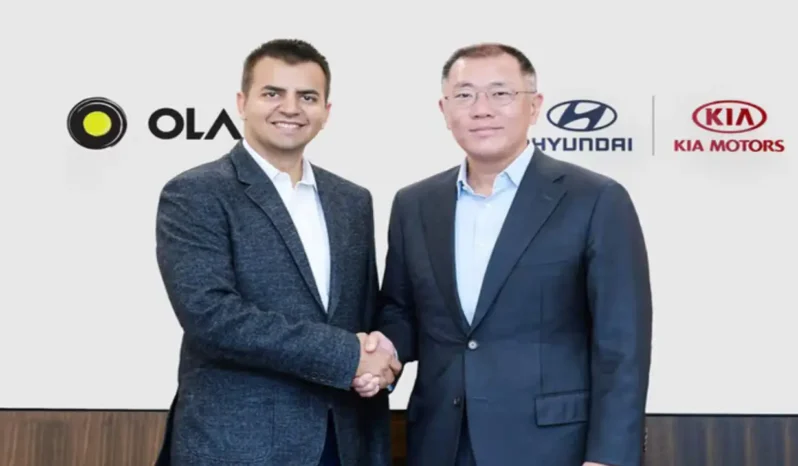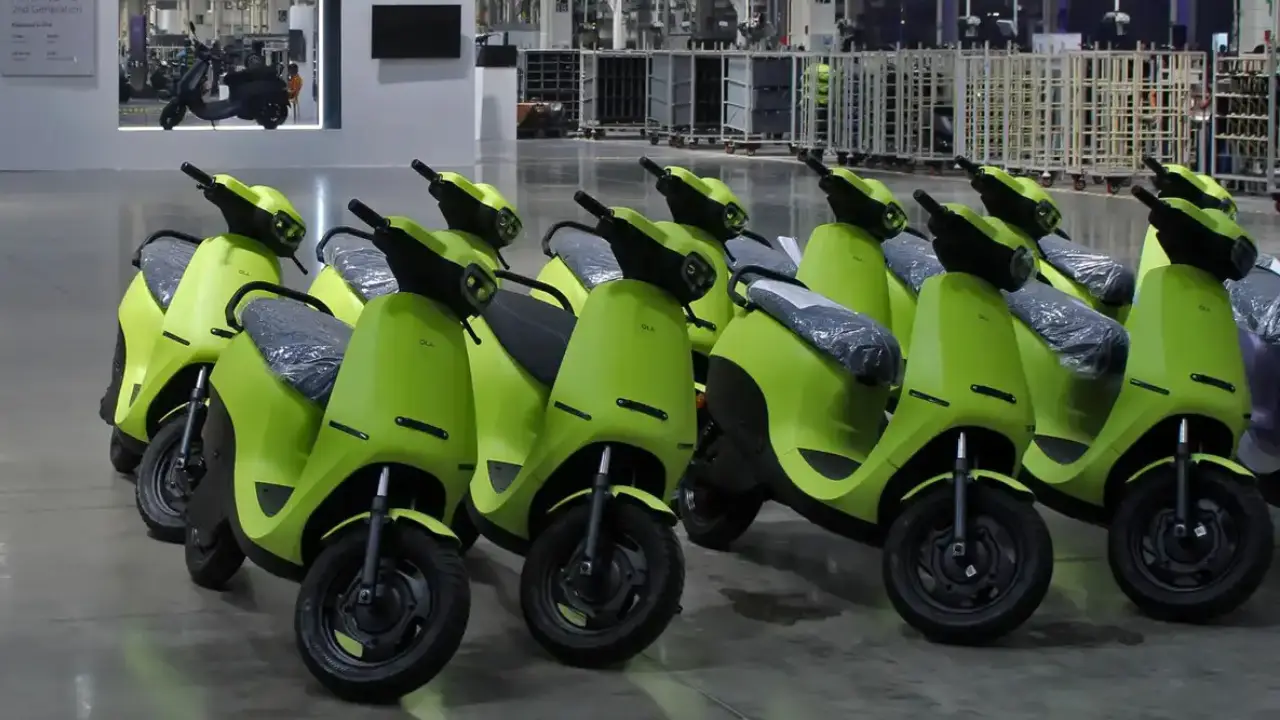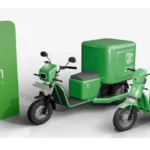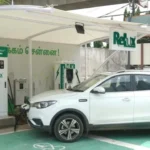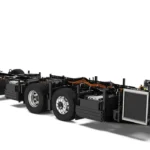Hyundai-Kia – In a development that’s making waves in India’s EV space. South Korean automobile behemoths Hyundai Motor Company and Kia Corporation. They have made a substantial dilution of their shareholding in Ola Electric. The deal, which took place on June 3, 2025. It is a watershed moment for the Bengaluru-based EV startup and casts doubt on the industry’s changing dynamics.
Hyundai-Kia Ola The Deal: Major Points
- Hyundai’s Complete Exit: Hyundai sold its entire 2.47% stake in Ola Electric. Amounting to over 10.88 crore shares. The shares were offloaded at an average price of ₹50.70 per share. Fetching the company approximately ₹552 crore.
- Kia’s Partial Sale: Kia reduced its holding by selling 0.62% (about 2.71 crore shares) at ₹50.55 per share. Netting around ₹137 crore.
- Major Buyers: The biggest buyer was Citigroup Global Markets Mauritius. Which purchased 8.61 crore shares (1.95% stake) for ₹435 crore. Other buyers’ identities are not known.
- Market Reaction: The sale was done at a 6% discount from yesterday’s close. Provoking an 8% fall in the share price of Ola Electric. The stock closed at ₹49.61, just below its 52-week low.
Why Did Hyundai-Kia Sell?
Hyundai and Kia initially invested in Ola Electric in 2019, committing a joint $300 million. Their aim was to partner for EV development and charging infrastructure in India. Which is regarded as pivotal for future expansion. But a number of issues could have driven them to water down their holdings:
- Financial Headwinds: Ola Electric posted a net loss of ₹870 crore in Q4 FY25. A loss more than twice the previous year’s. Revenue in the quarter declined 62% year-on-year to ₹611 crore.
- Declining Sales: Ola Electric’s deliveries reduced by 55% in Q4 FY25. From the same quarter last year.
- Underperformance in Stock: Since its August 2024 listing through IPO. Ola Electric stock has declined by 46% in value.
- Competitive Pressure: Traditional two-wheeler giants and new players alike are piling pressure on India’s EV space.
- Regulatory Scrutiny: Greater regulation has contributed to operational difficulties for new-generation EV players.
Bhavish Aggarwal, CEO, Ola Electric, said. “FY26 will be about scaling revenue and operating leverage. As we move towards sustainable profitability. We stay committed to innovation and leadership in India’s EV revolution.”
What’s Next for Ola Electric?
Ola Electric is still one of India’s best-known EV brands despite these setbacks. The company is going all out on product development, enhancing its charging infrastructure. Even trying new financing models to increase the affordability of EVs. Industry experts opine that although the Hyundai and Kia dilution is a setback. This may also provide opportunities for fresh strategic investors. Perhaps from India’s strong auto ecosystem or global technology players targeting the EV segment.
ELCTRIK Speaks
The choice by Hyundai and Kia to cut their holdings in Ola Electric marks a turning point for India’s EV sector. It reflects the difficulty of scaling up in a highly competitive landscape. Also the sector’s potential for transformation and expansion. For Ola Electric, the future will require fiercer execution, unrelenting innovation with return to profitability.

